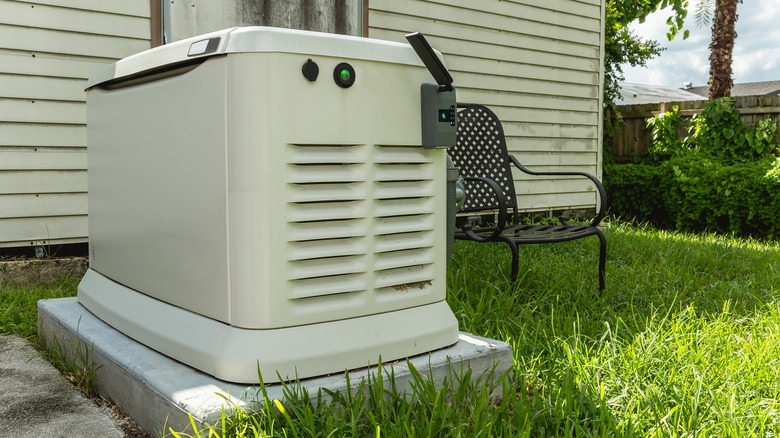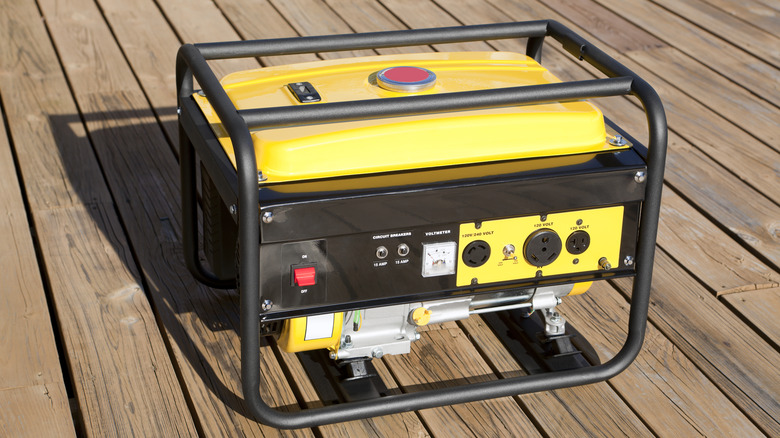Power Outage Readiness: Here's What Size Generator You Need
Do you live in an area where ice storms, tornados, or hurricanes are common? If so, you might be considering buying a generator as these events can lead to power outages that can last for days or even weeks. If this is your first generator, you'll need to determine what size to buy. Generators range from small portable units that can power one device to large generators that can keep an entire home running.
To figure out what size generator will suit you best, consider your needs. Do you want to power only the essentials during an outage, or everything in your home? If you are okay with just the essentials, you can get away with a smaller generator. Do you have frequent power outages or are they just occasional? If they only occur from time to time, a smaller generator is probably just fine. However, if you have frequent outages that last for days, then consider a larger generator that will power most of your house.
Finding the right size generator
The first step in determining the size of the generator you need is adding up the wattage of all the appliances that you'll want to power during an outage. You should be able to find the wattages of your appliances stamped somewhere on each unit. Find both the starting and running wattages of each appliance and add these numbers together. After that, add up all the wattages from the individual appliances. This will tell you what size generator to buy. You might be thinking that it's a good idea to purchase a portable generator that produces more power than you need, but that's completely unnecessary. Stick with the smallest generator for your needs so you don't waste money.
A recreational generator or small inverter generator can power up to 2,000 watts. Roughly speaking, that could handle a refrigerator, laptop, 10 lights, a smartphone charger, a security system, and a television. A midsize inverter can handle up to 3,500 watts, so that can power all of the above plus an air conditioner, or space heater, or a washing machine. A large portable inverter can power as much as 8,500 watts, which means it can handle all of the above plus a sump pump and gas furnace, or a dishwasher, or an electric range. A home standby is the largest generator available. It can power 20,000 watts ... or pretty much everything under your roof.
Cost of different-sized generators
Wondering what various-sized generators cost? Small generators run anywhere from $450 to $1,600 and can't be connected to a circuit breaker. They don't require professional installation, plus they're lightweight and simple to use. These generators are very quiet and are easy to store. Midsized generators — widely thought of as lightweight and relatively quiet, though noisier than their smaller counterparts — cost anywhere from $500 to $2,400.
Large generators run anywhere from $950 to $7,000 depending on the wattage and features. Some can be connected to your home's circuit breakers and handle all of the electric needs of a house, depending on the model. However, they can be expensive. Home standby units cost up to $6,000. They are permanently installed next to the house and turn on automatically during a power outage. Installation can be costly for these units, as it's quite complex. Plus, they will require ongoing professional maintenance.



